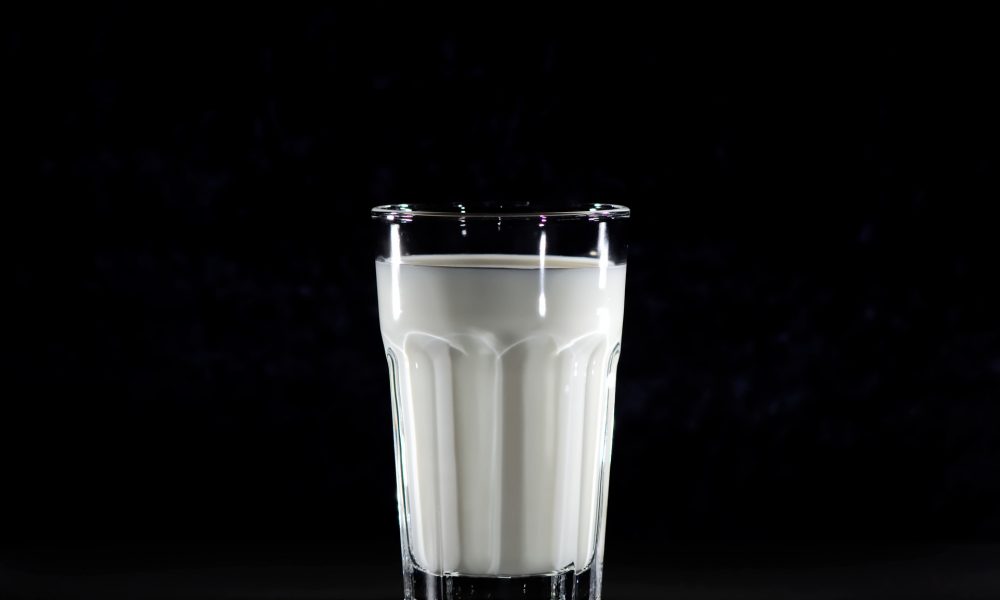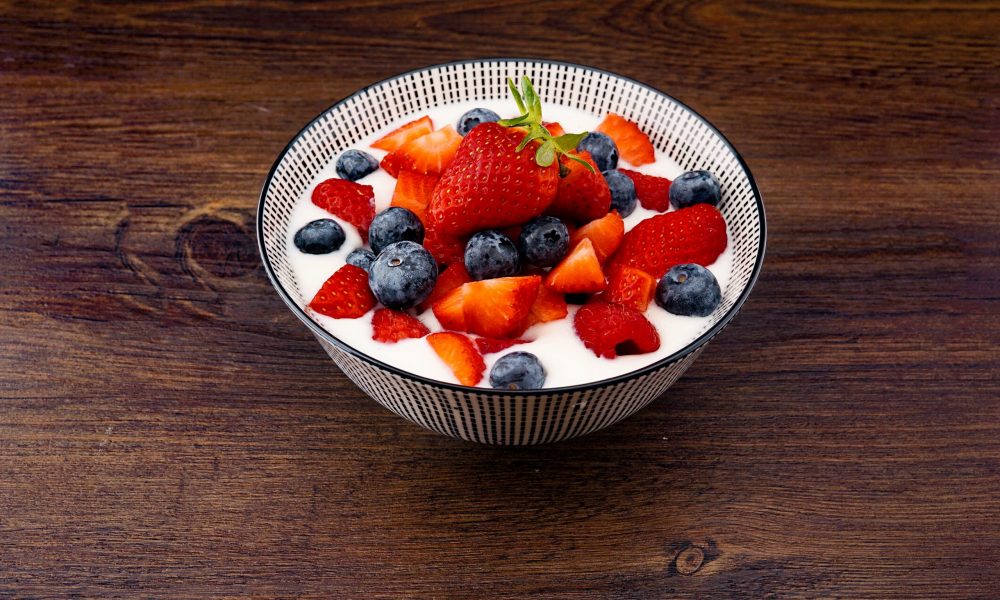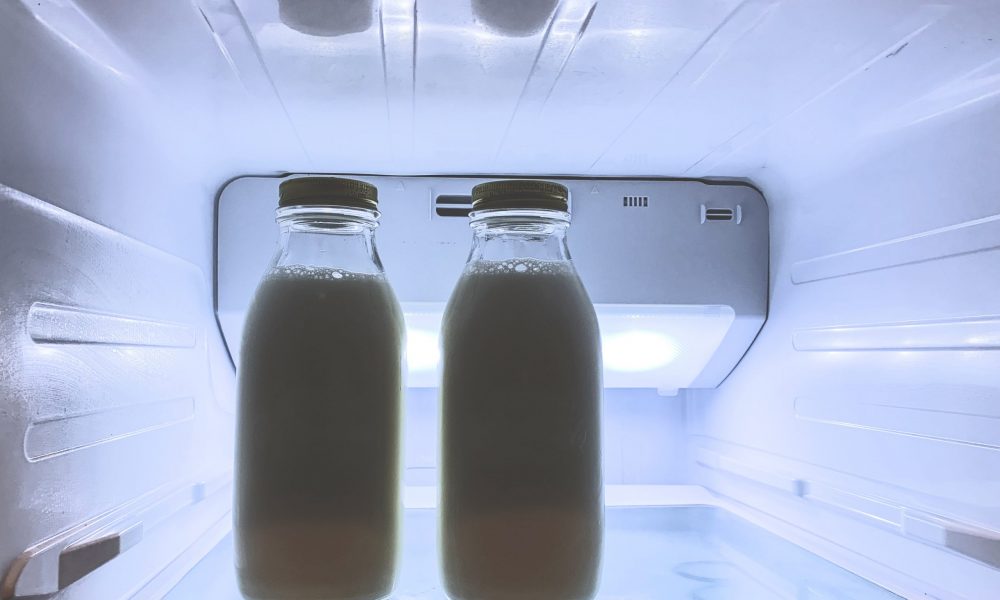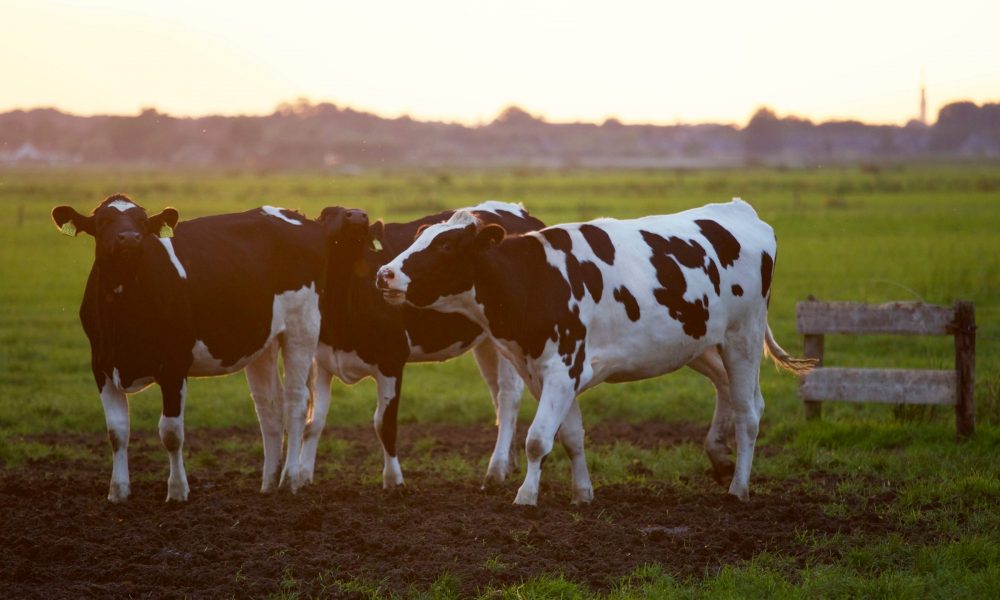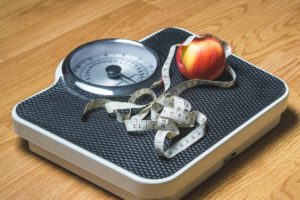
How Many Sets Should I Do? The Ultimate Guide to Training Volume
The amount of work you put into training each muscle is called volume and if you’re a lifting nerd like me, you’ll know volume is one of the most important training factors to boost hypertrophy.

